Conclavoscope - Cardinal Arthur Roche
Cardinal Profile and Assessment
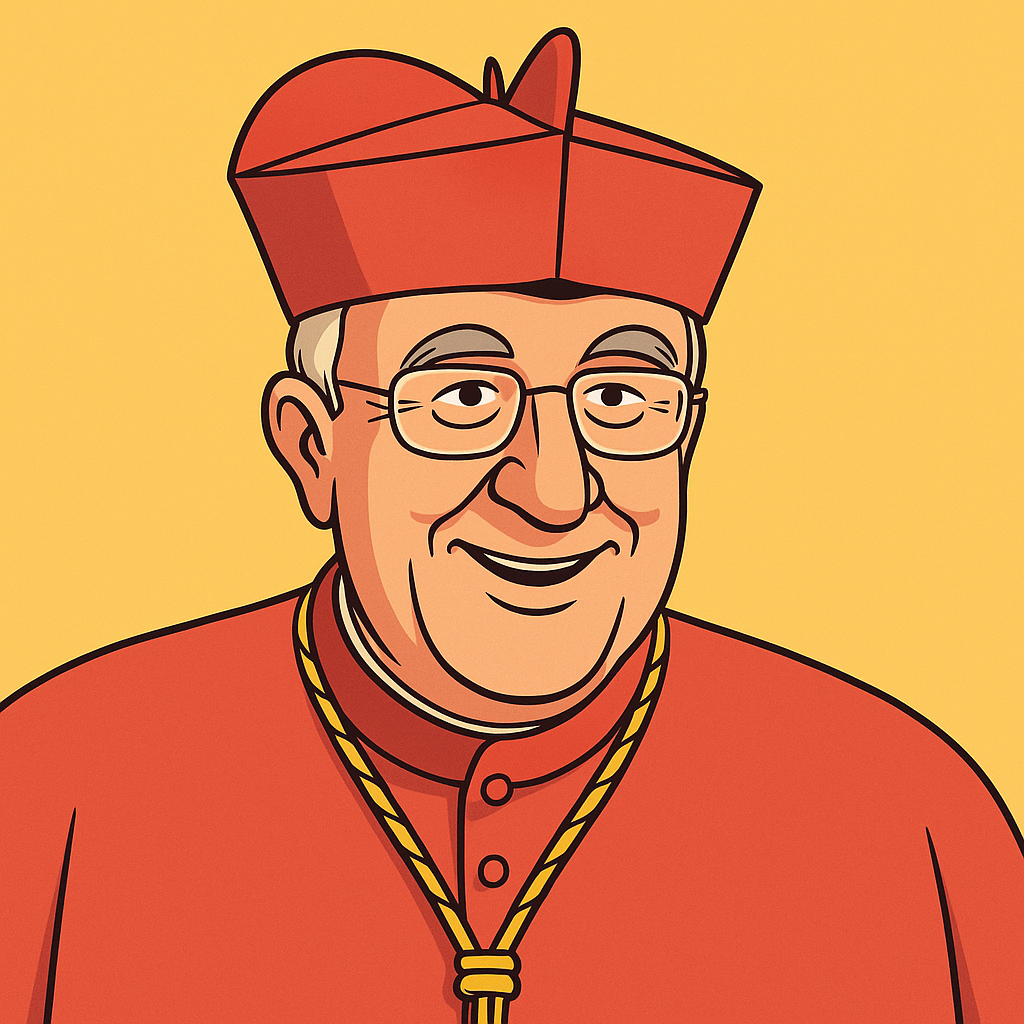
British cardinal, Prefect of the Dicastery for Divine Worship, known for his balanced approach between respect for liturgical tradition and openness to reforms.
| Criterion | Tendency |
|---|---|
| Moral doctrine | Moderately conservative |
| Liturgy | Progressive |
| Sociopolitical | Moderately progressive |
| Relationship with Pope Francis | Progressive |
| Dialogue | Progressive |
| Communication | Progressive |
| Overall tendency | Progressive |
Cardinal Roche upholds traditional Catholic moral teachings, including opposition to abortion and same-sex marriage. While he has not made extensive public statements on these issues, his alignment with official Church doctrine and his role in enforcing liturgical reforms suggest a commitment to maintaining established moral positions.
Despite being Prefect of the Dicastery for Divine Worship, Cardinal Roche has strongly enforced restrictions on the Traditional Latin Mass, describing it as 'overly elaborate' and emphasizing uniformity with the Novus Ordo. His actions reflect a critical stance toward traditionalist liturgical expressions and a preference for post-Vatican II liturgical norms.
Cardinal Roche has not been prominently involved in sociopolitical issues. His focus remains primarily on liturgical matters, with limited public engagement on topics such as ecology, migration, or social justice. This suggests a moderate stance, neither actively progressive nor overtly conservative in sociopolitical engagement.
Cardinal Roche is a close collaborator of Pope Francis, having been appointed to key positions within the Vatican's liturgical hierarchy. He has expressed unreserved praise for the Pope and has been a key figure in implementing Francis's liturgical reforms, reflecting strong alignment with the Pope's vision for the Church.
While Cardinal Roche has not been a leading figure in interreligious dialogue, his previous involvement with organizations like Bradford Churches for Dialogue and Diversity indicates an openness to ecumenical and interfaith engagement, albeit not as a central focus of his ministry.
Cardinal Roche is known for his pastoral sensitivity and effective communication, particularly in explaining complex liturgical reforms. He has engaged with both clergy and laity to articulate the rationale behind changes in liturgical practices, demonstrating a communicative style that balances authority with approachability.
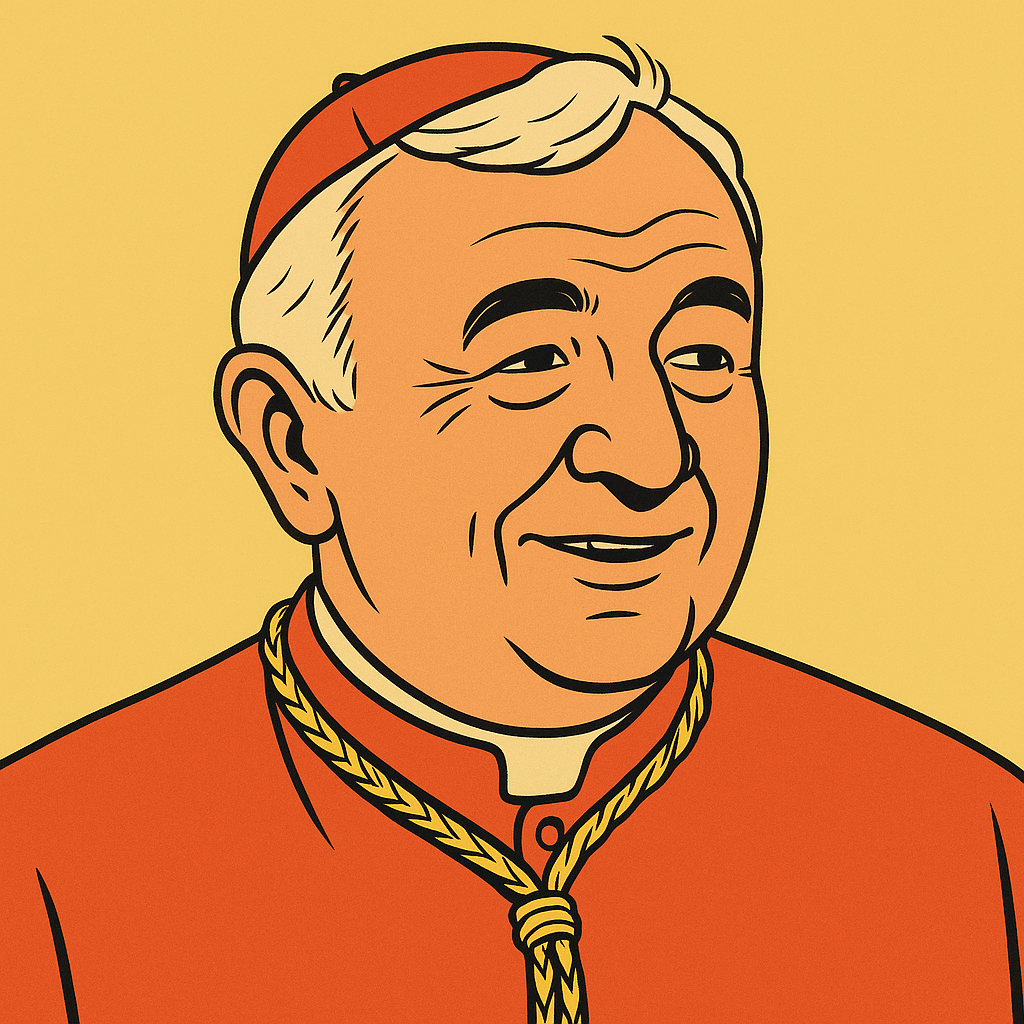
British cardinal, Archbishop of Westminster, known for his conservative positions on moral issues, while being committed to defending migrants and fighting human trafficking.
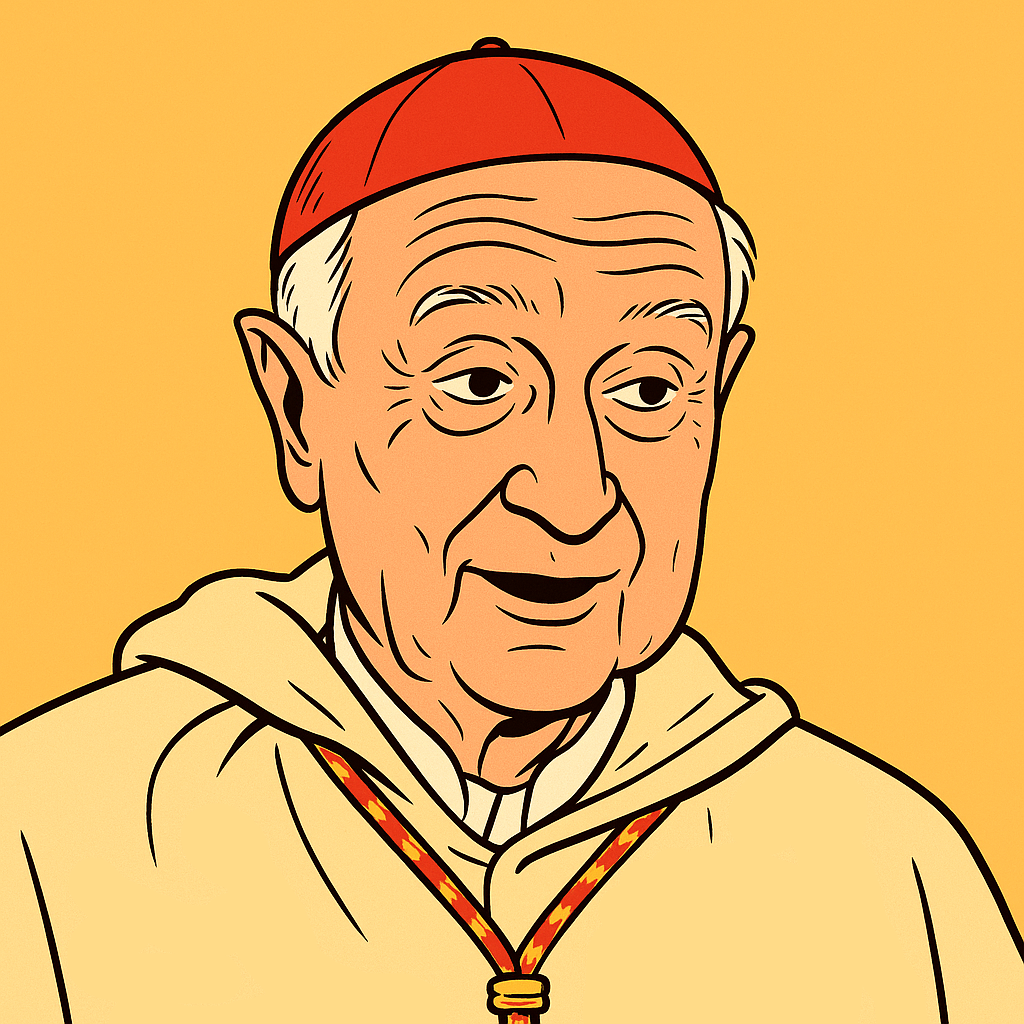
British cardinal, Dominican, theologian and writer, known for his progressive vision of the Church, his commitment to dialogue and his accessible intellectual communication.
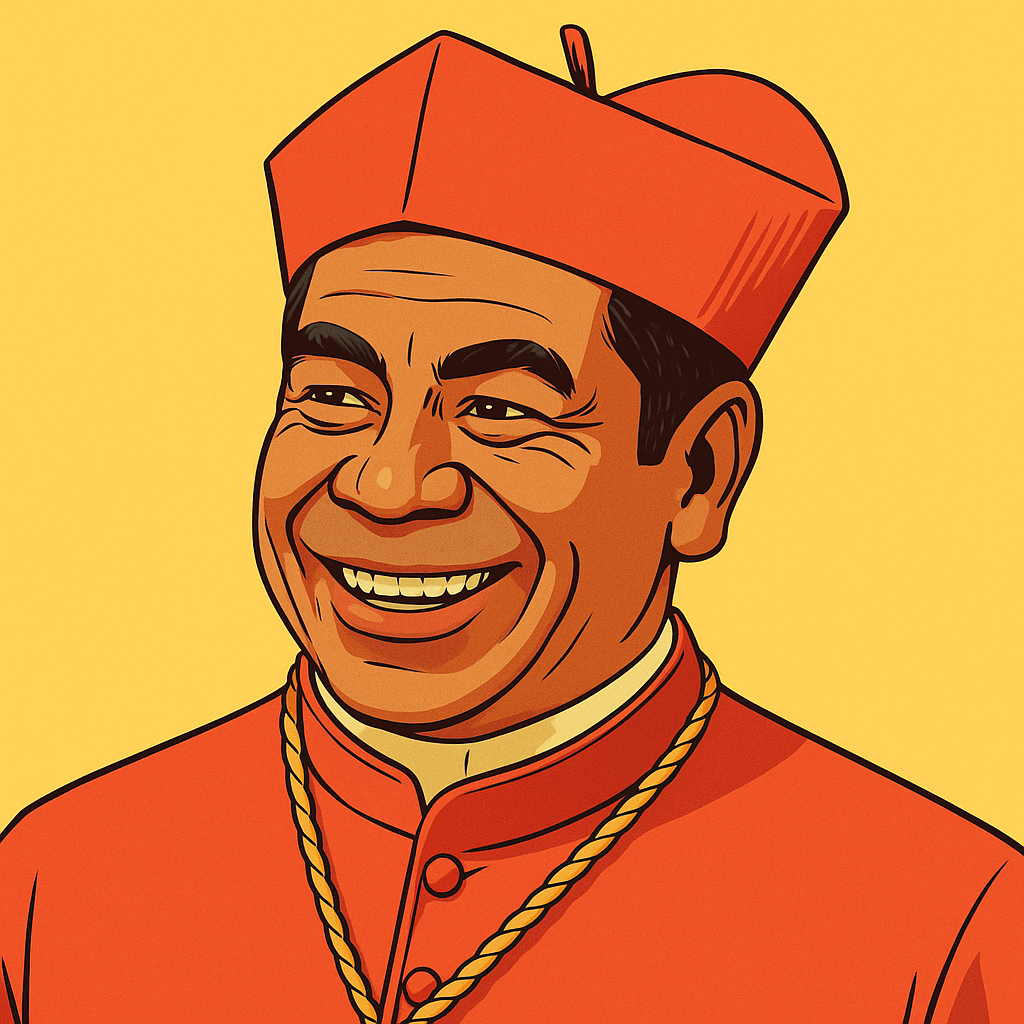
East Timor
East Timorese cardinal, Archbishop of Dili, first cardinal from his country, known for his leadership in post-independence reconstruction and his commitment to peace and national reconciliation.
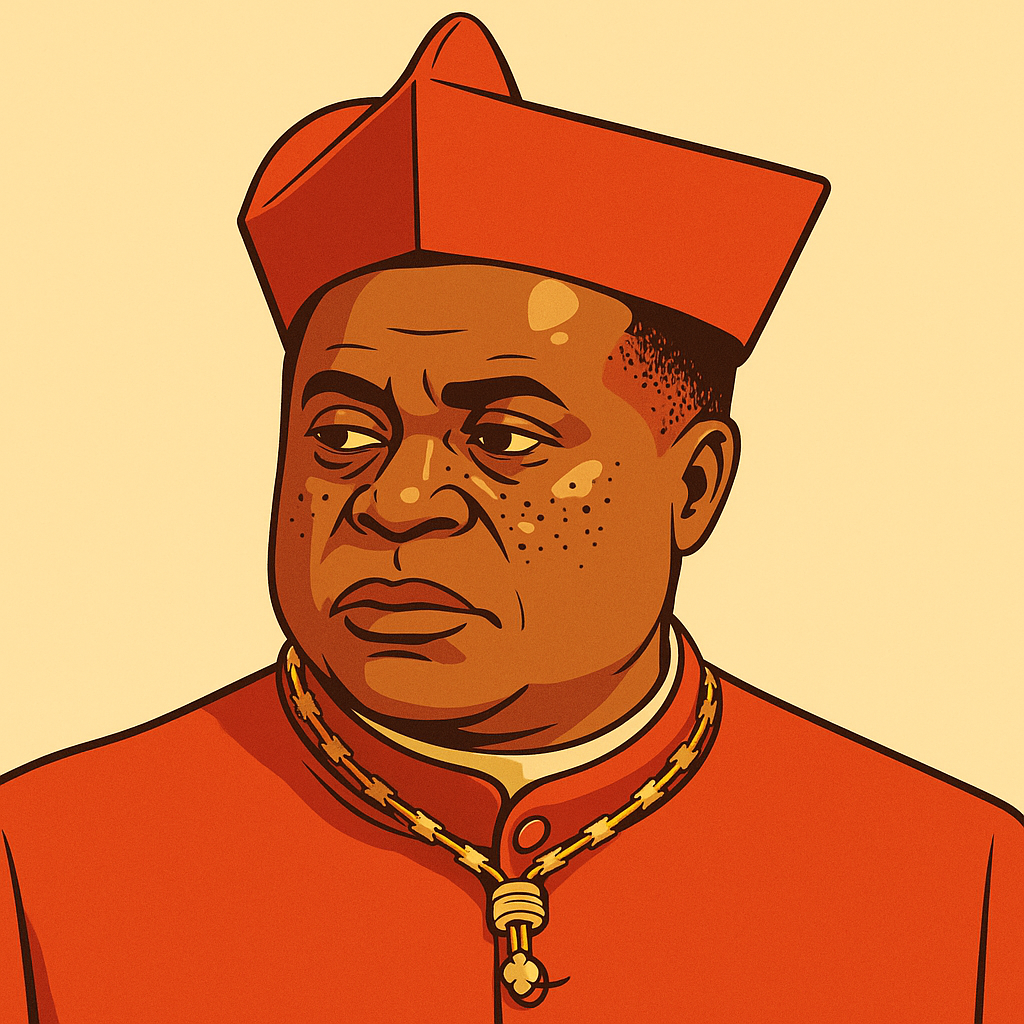
Nigeria
Nigerian cardinal, Bishop of Ekwulobia, known for his perseverance in the face of difficulties (having been rejected by his previous diocese) and his pastoral leadership in a context of ethnic tensions.
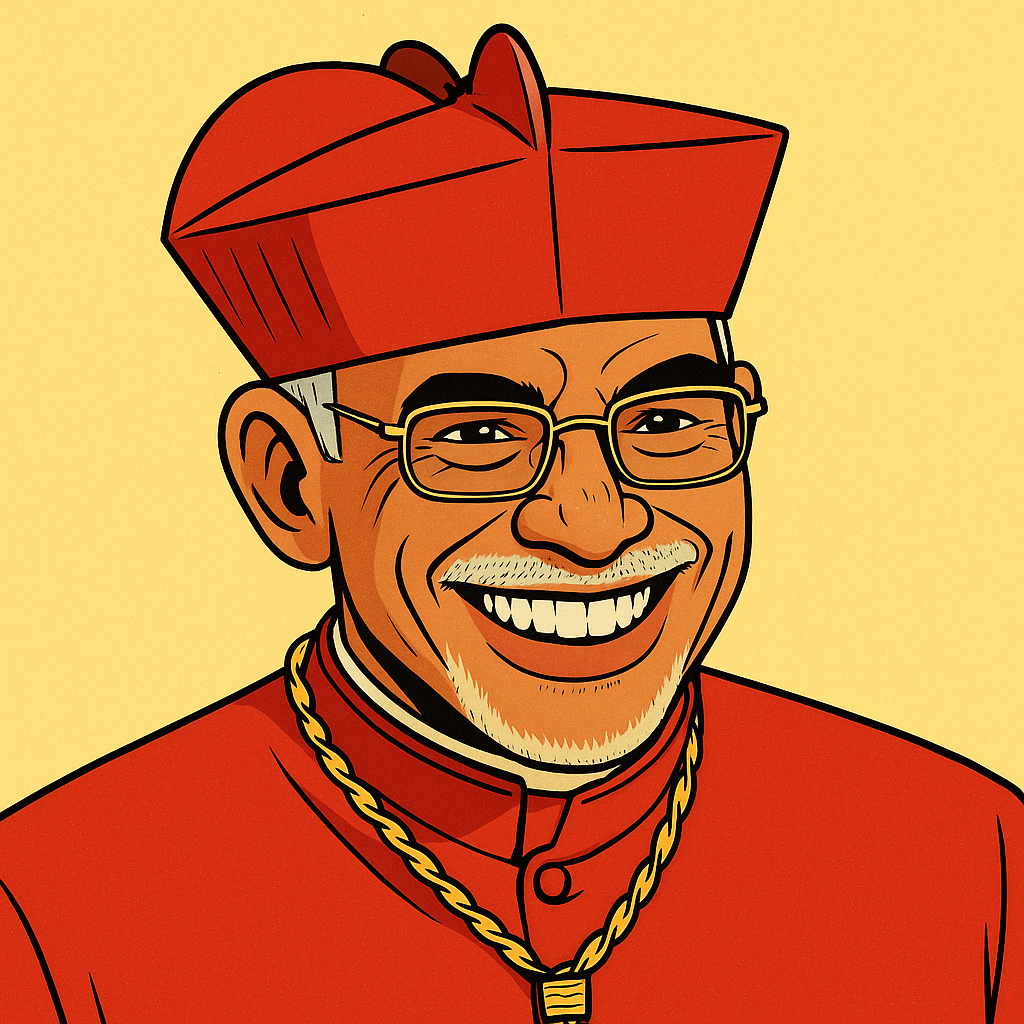
India
Indian cardinal, Archbishop of Goa, known for his pastoral approach and maintenance of traditions in a multicultural context.
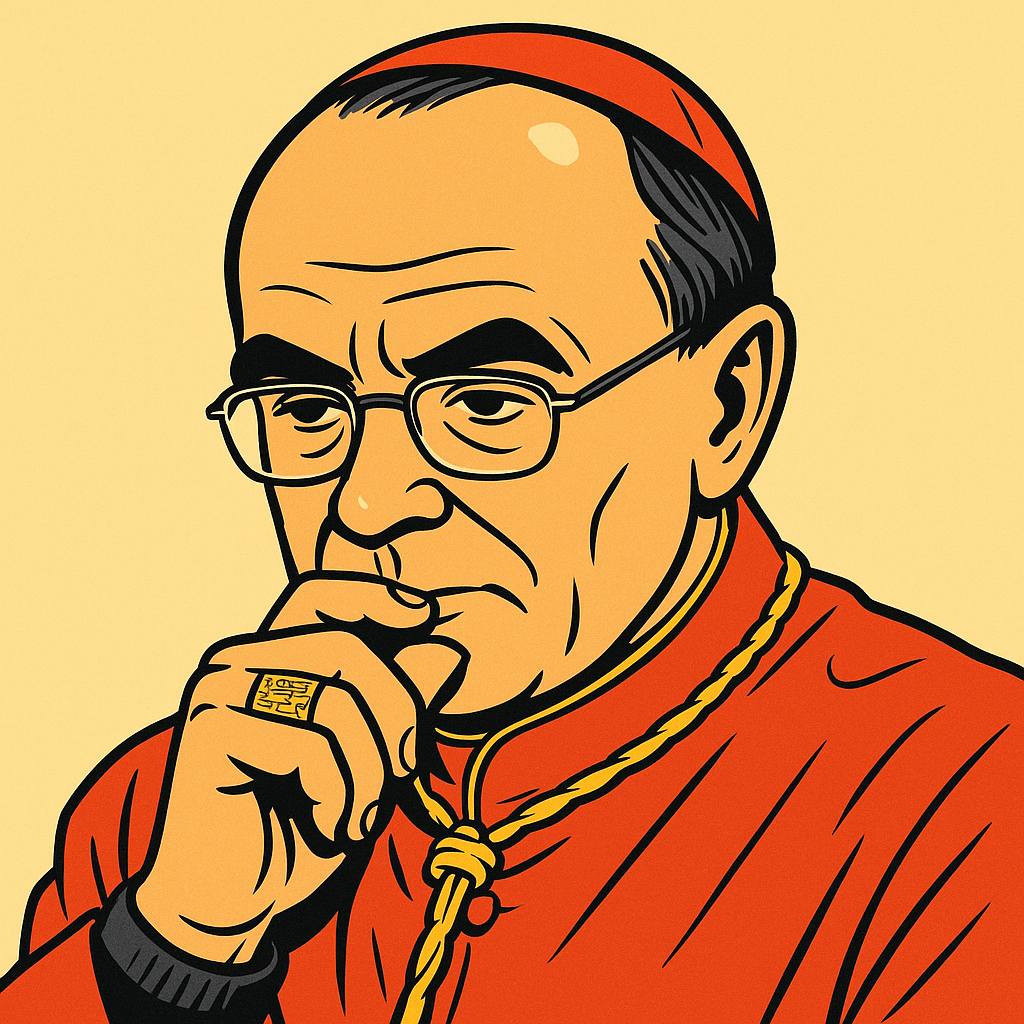
France
age: 75
French cardinal, Archbishop Emeritus of Lyon, known for his missionary dynamism but whose career has been marked by controversy over the handling of sexual abuse in his diocese.

Switzerland
age: 75
Swiss cardinal, president of the Dicastery for Promoting Christian Unity, known for his theological expertise and ecumenical commitment, with a moderately conservative doctrinal position.
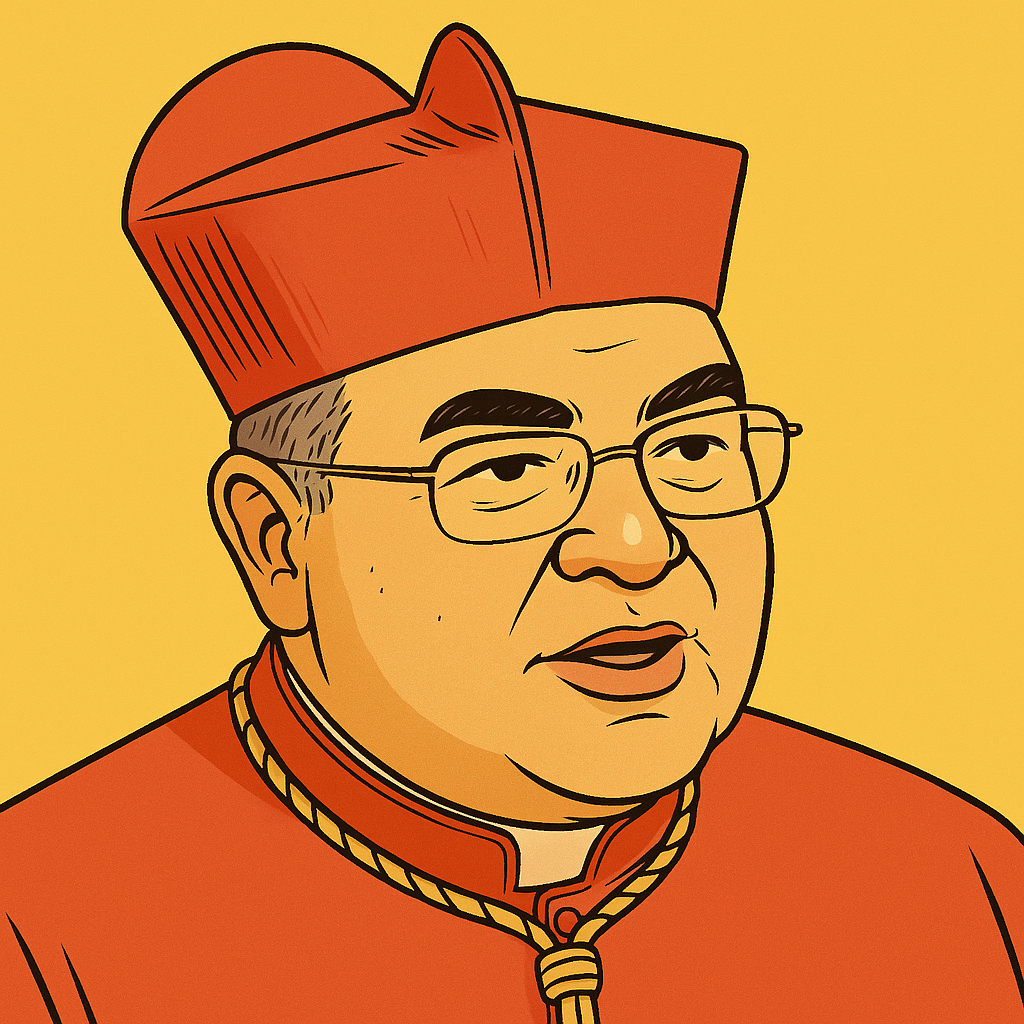
Brazil
age: 75
Brazilian cardinal, Archbishop of Rio de Janeiro, Cistercian, known for his social commitment in the favelas and his balanced pastoral leadership between tradition and openness.
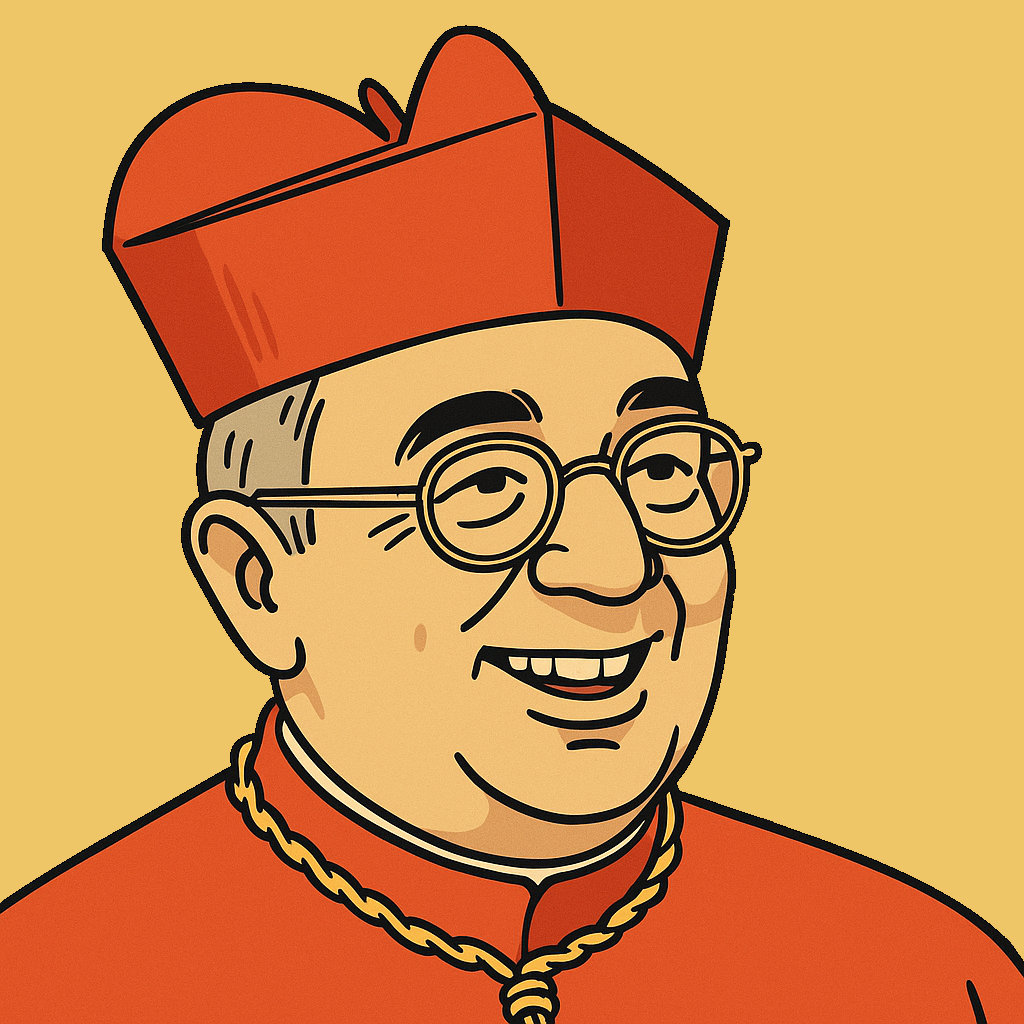
Italy
Italian cardinal, former vicar general of the pope for the diocese of Rome, known for his balance between liturgical tradition and moderate pastoral openness.
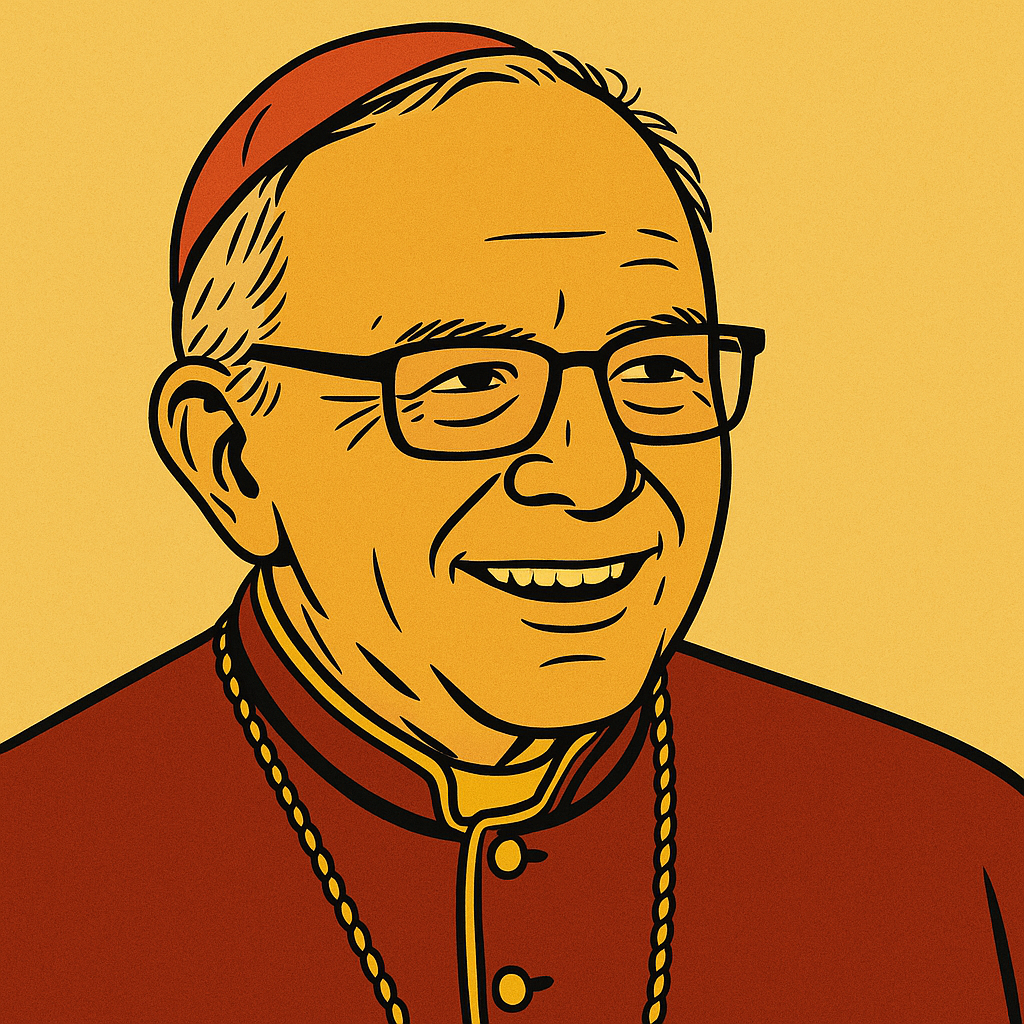
Portugal
Portuguese cardinal, Patriarch Emeritus of Lisbon, known for his balanced leadership and pastoral vision that respects tradition while dialoguing with contemporary society.
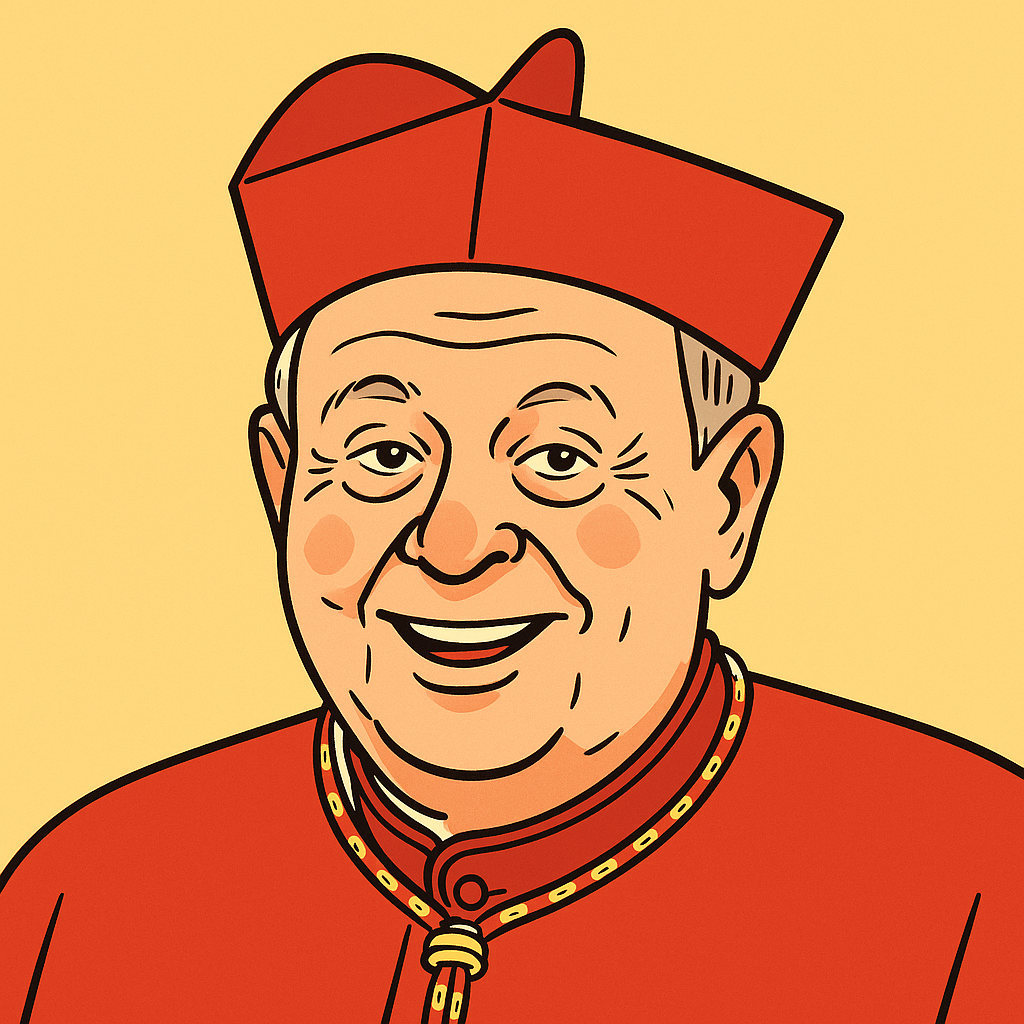
Italy
Italian cardinal, Bishop of Como, known for his balanced pastoral approach and his work for the reception of migrants at the Swiss border, combining doctrinal fidelity and social commitment.

Portugal
Portuguese cardinal known for his pastoral approach and openness to modern issues, while maintaining a balance with tradition.
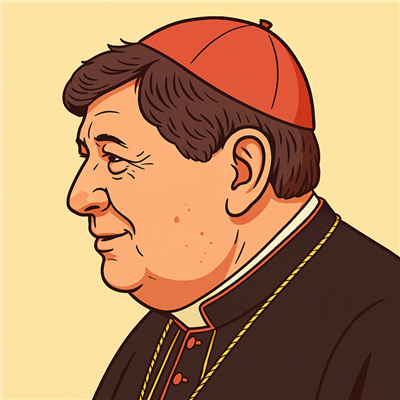
Brazil
Brazilian cardinal, Prefect of the Dicastery for Institutes of Consecrated Life, known for his balanced approach in reforming religious life and his openness to dialogue.
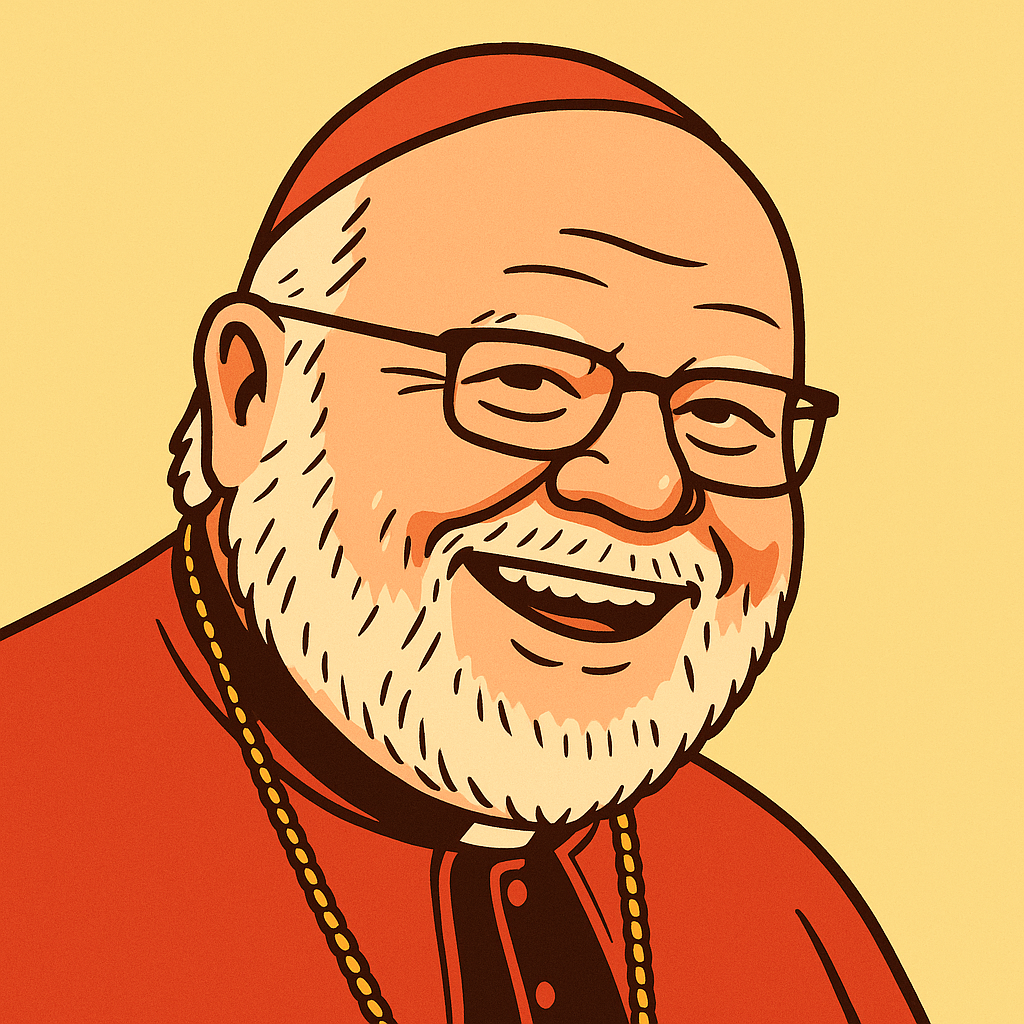
Germany
German cardinal, Archbishop of Munich and Freising, known for his progressive positions and influential role in Church reform, particularly during the German synodal path and on economic issues.
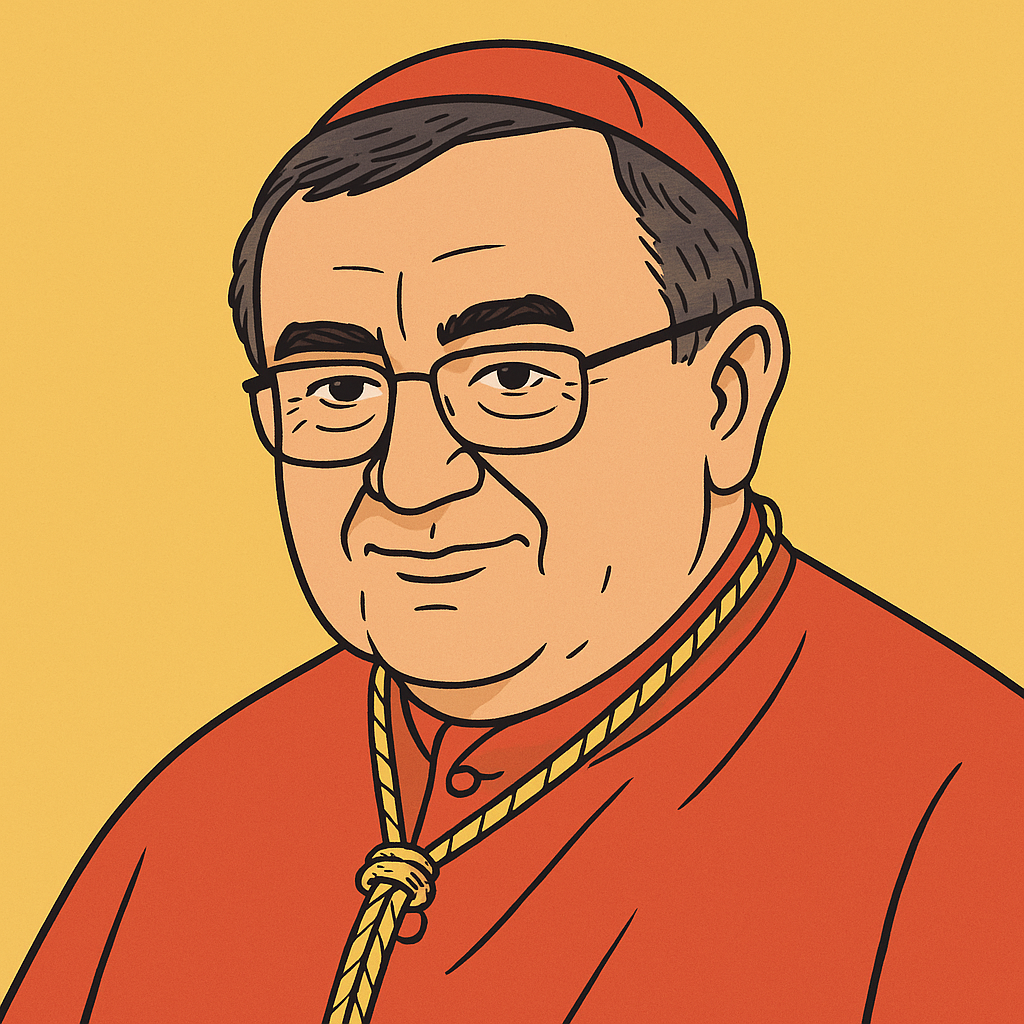
Bosnia and Herzegovina
Bosnian cardinal, Archbishop Emeritus of Sarajevo, known for his leadership during and after the Balkan War, his work for reconciliation and his defense of Catholic rights in the region.

Sweden
Swedish cardinal, the first Scandinavian cardinal in history, known for his balanced approach between tradition and openness, and his ecumenical work.
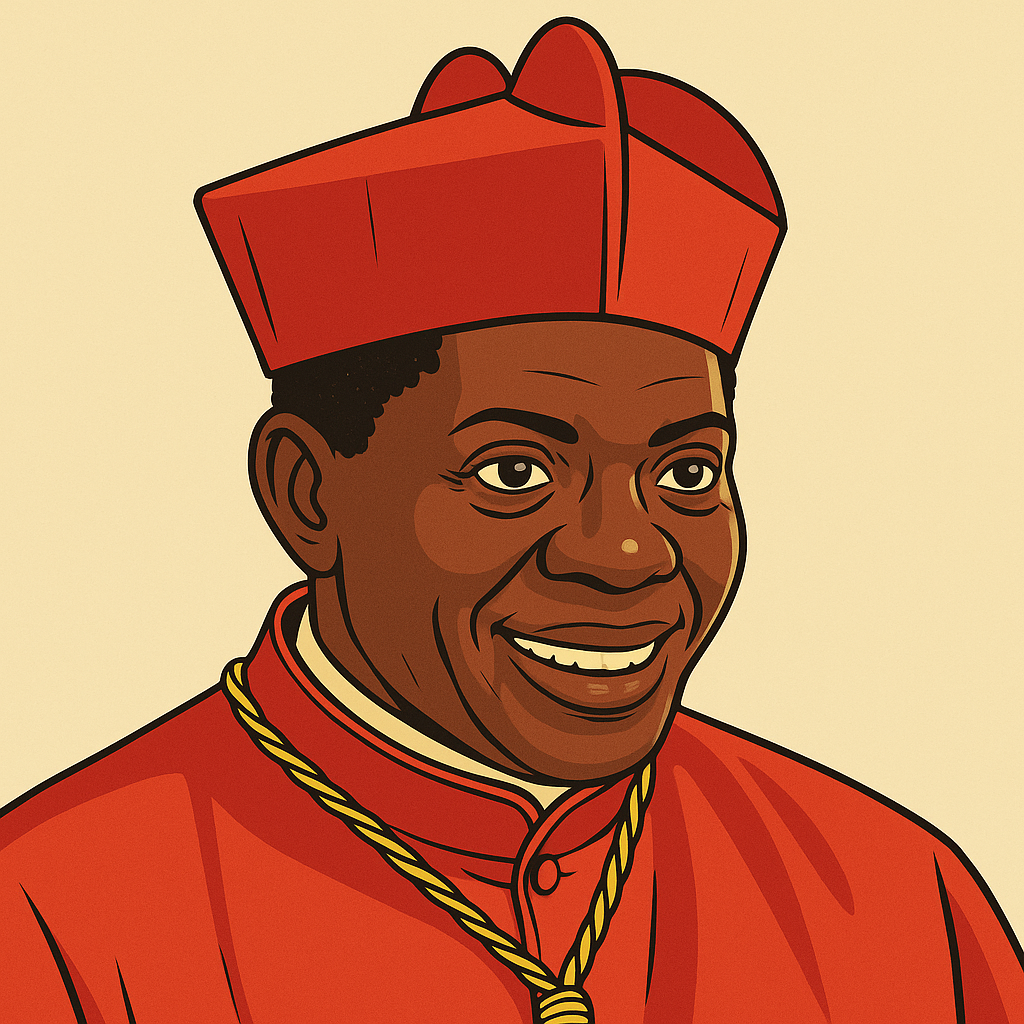
Tanzania
Tanzanian cardinal, Secretary of the Dicastery for Evangelization, known for his missionary expertise and balanced pastoral vision, combining doctrinal fidelity and cultural adaptation.

Italy
Italian cardinal, former vicar general of the pope for the diocese of Rome, known for his balance between liturgical tradition and moderate pastoral openness.
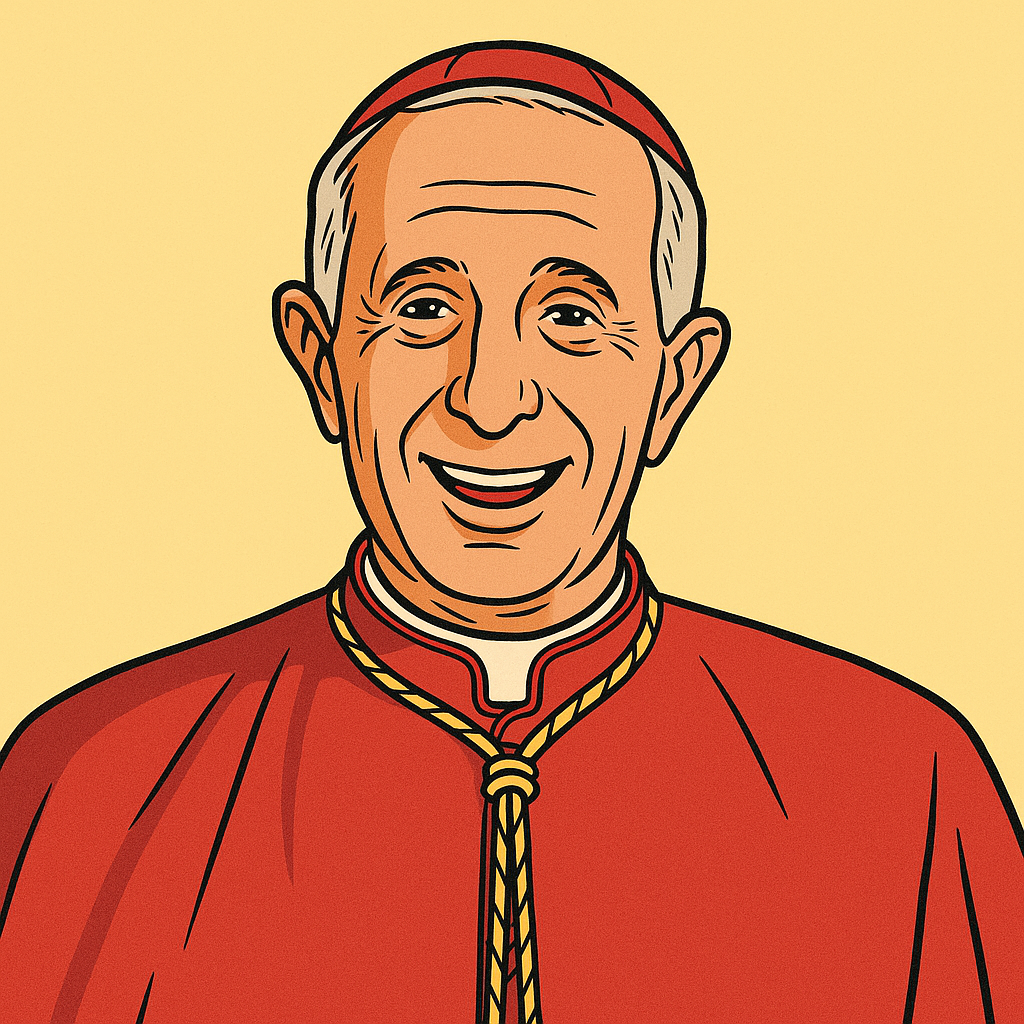
Argentina
Argentine cardinal, Archbishop Emeritus of Buenos Aires, successor of Pope Francis in this diocese, known for his discreet profile and balanced administration between tradition and renewal.
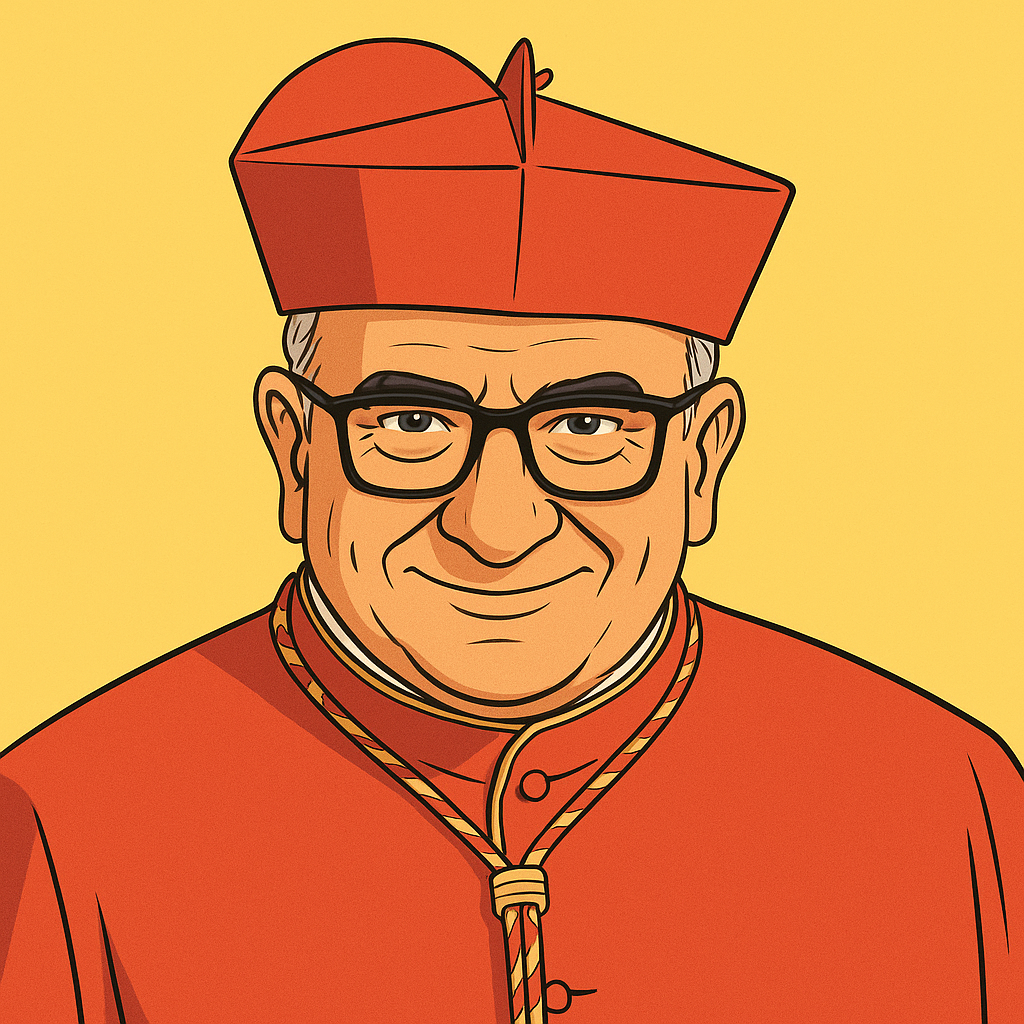
Chile
Chilean cardinal, Archbishop of Concepción, known for his conservative doctrinal positions and commitment to rebuilding trust after abuse scandals.
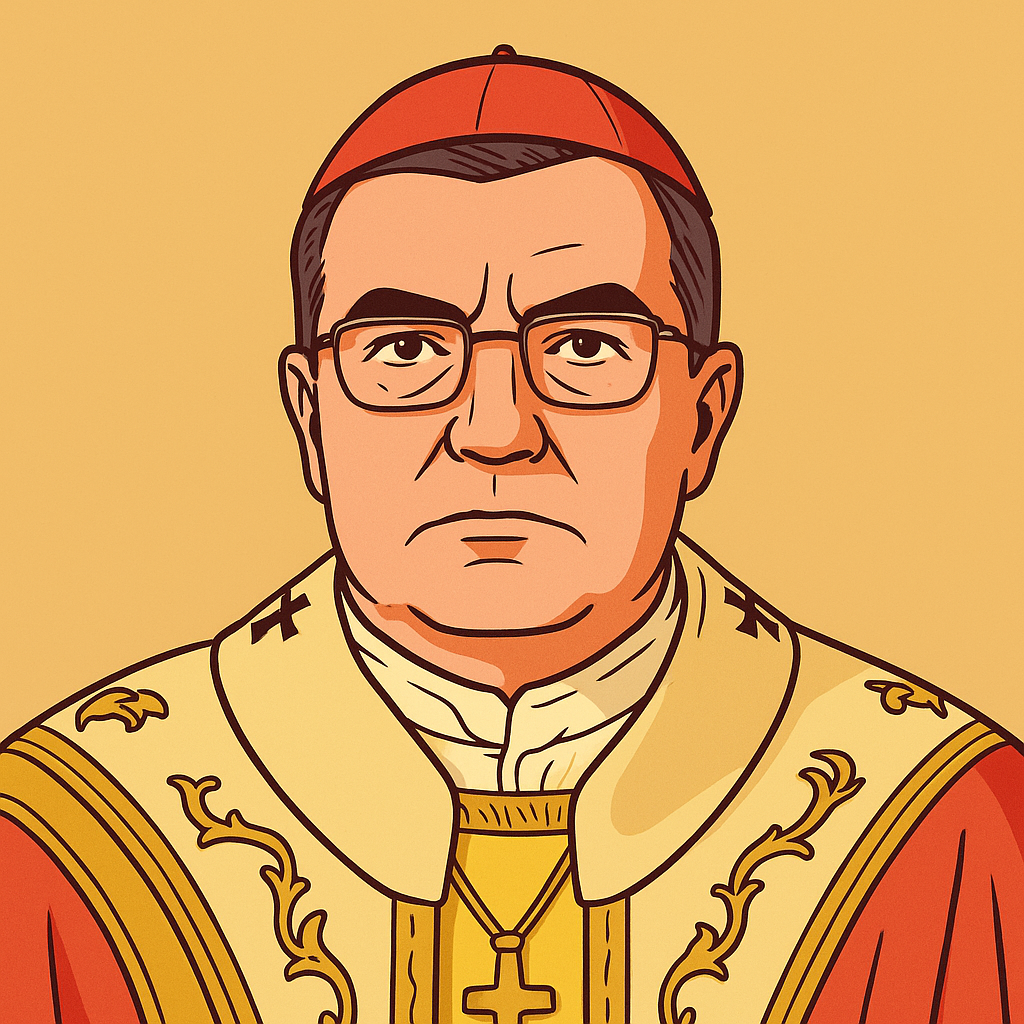
Croatia
Croatian cardinal, Archbishop of Zagreb, known for his conservative positions on moral issues and his commitment to traditional values in a post-communist context.

Bosnia and Herzegovina
Bosnian cardinal, Archbishop Emeritus of Sarajevo, known for his leadership during and after the Balkan War, his work for reconciliation and his defense of Catholic rights in the region.

Tanzania
Tanzanian cardinal, Secretary of the Dicastery for Evangelization, known for his missionary expertise and balanced pastoral vision, combining doctrinal fidelity and cultural adaptation.
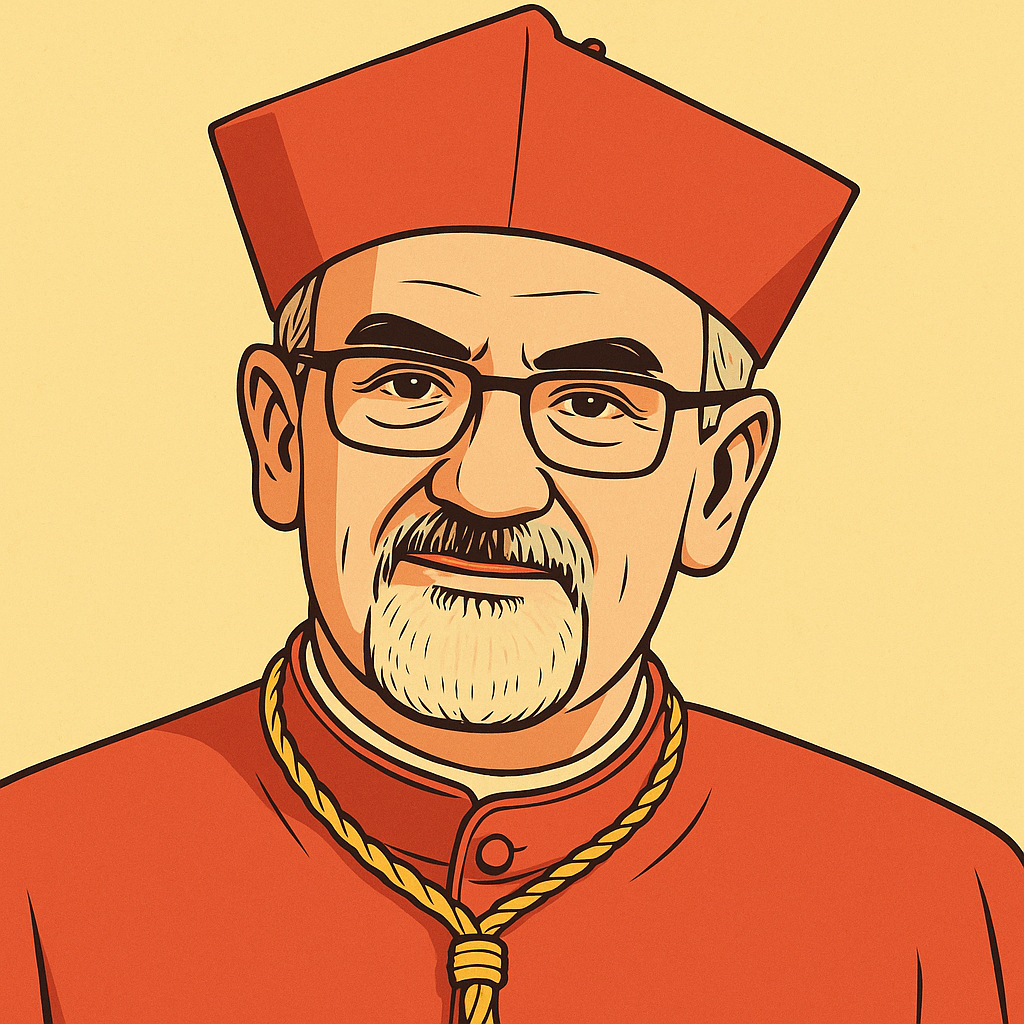
Israel
Italian cardinal, Latin Patriarch of Jerusalem, Franciscan, known for his expertise on the Middle East and his balanced leadership in a context of political and religious tensions.
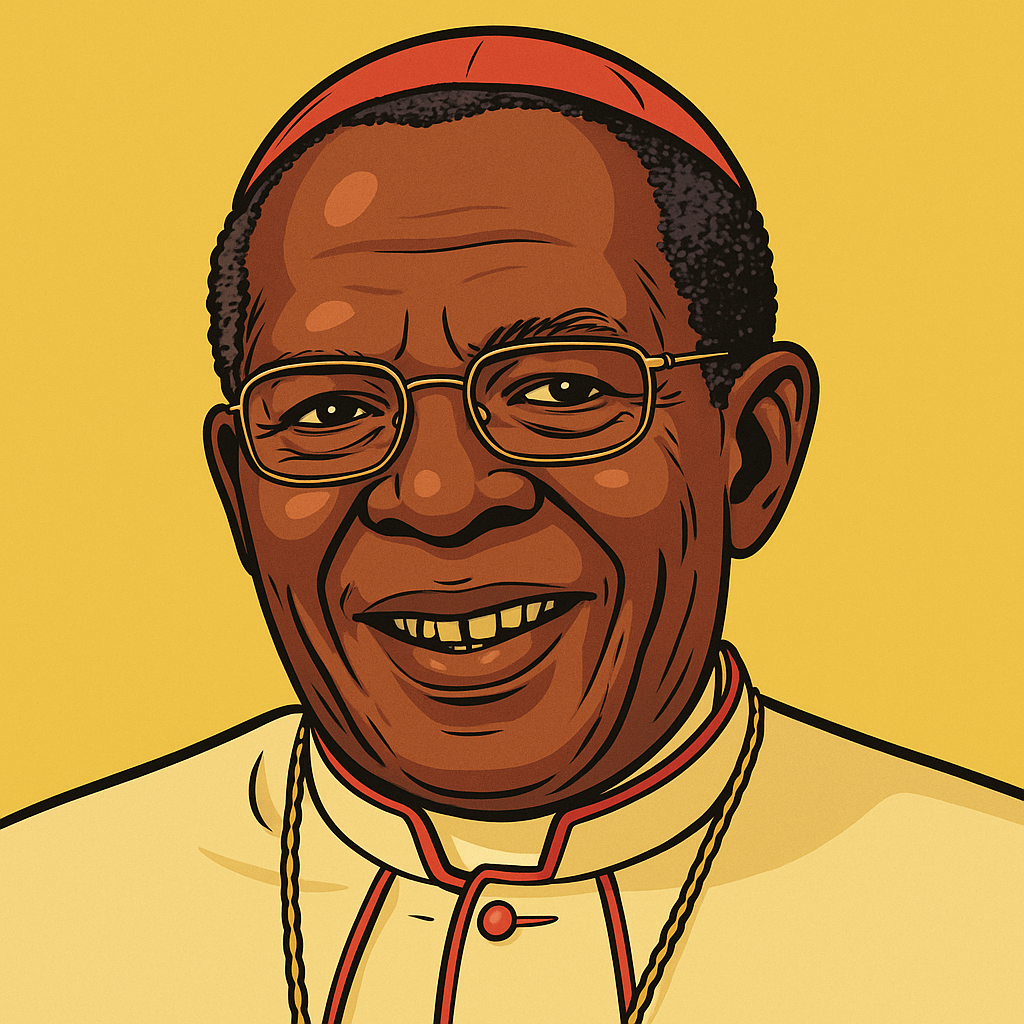
Kenya
Kenyan cardinal, Archbishop Emeritus of Nairobi, known for his conservative positions on moral issues and his leadership in the growing African Church.
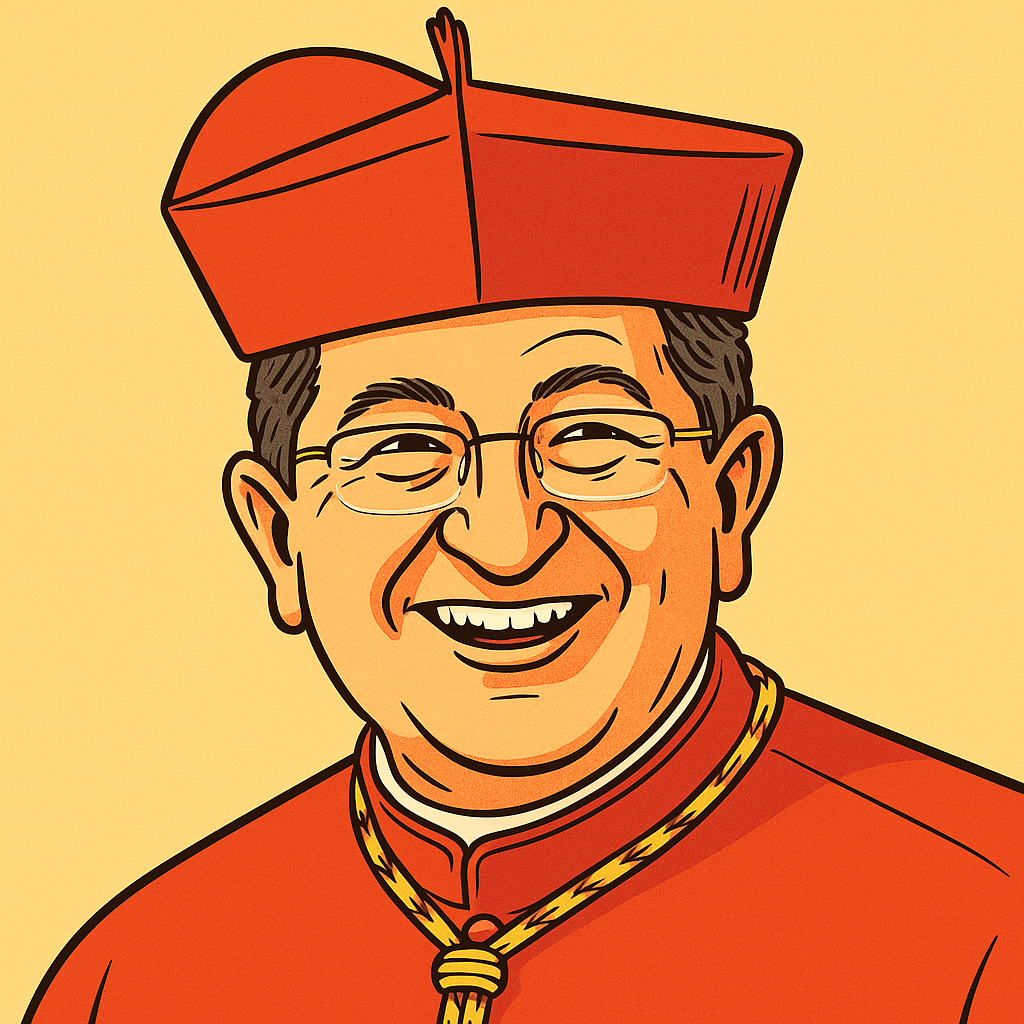
Italy
Italian cardinal, Archbishop of Florence, known for his conservative doctrinal positions and intellectual work, while remaining engaged in pastoral dialogue.